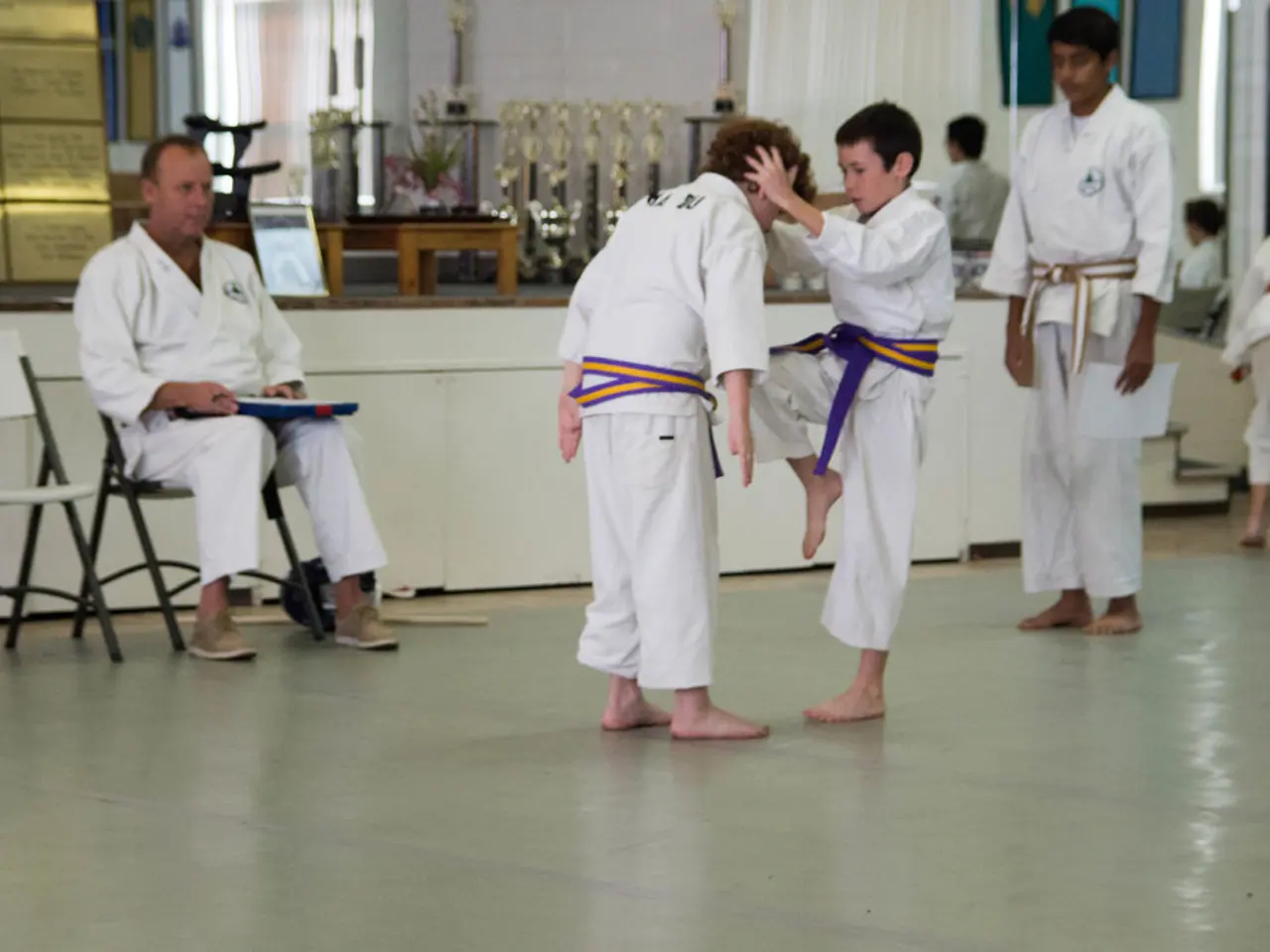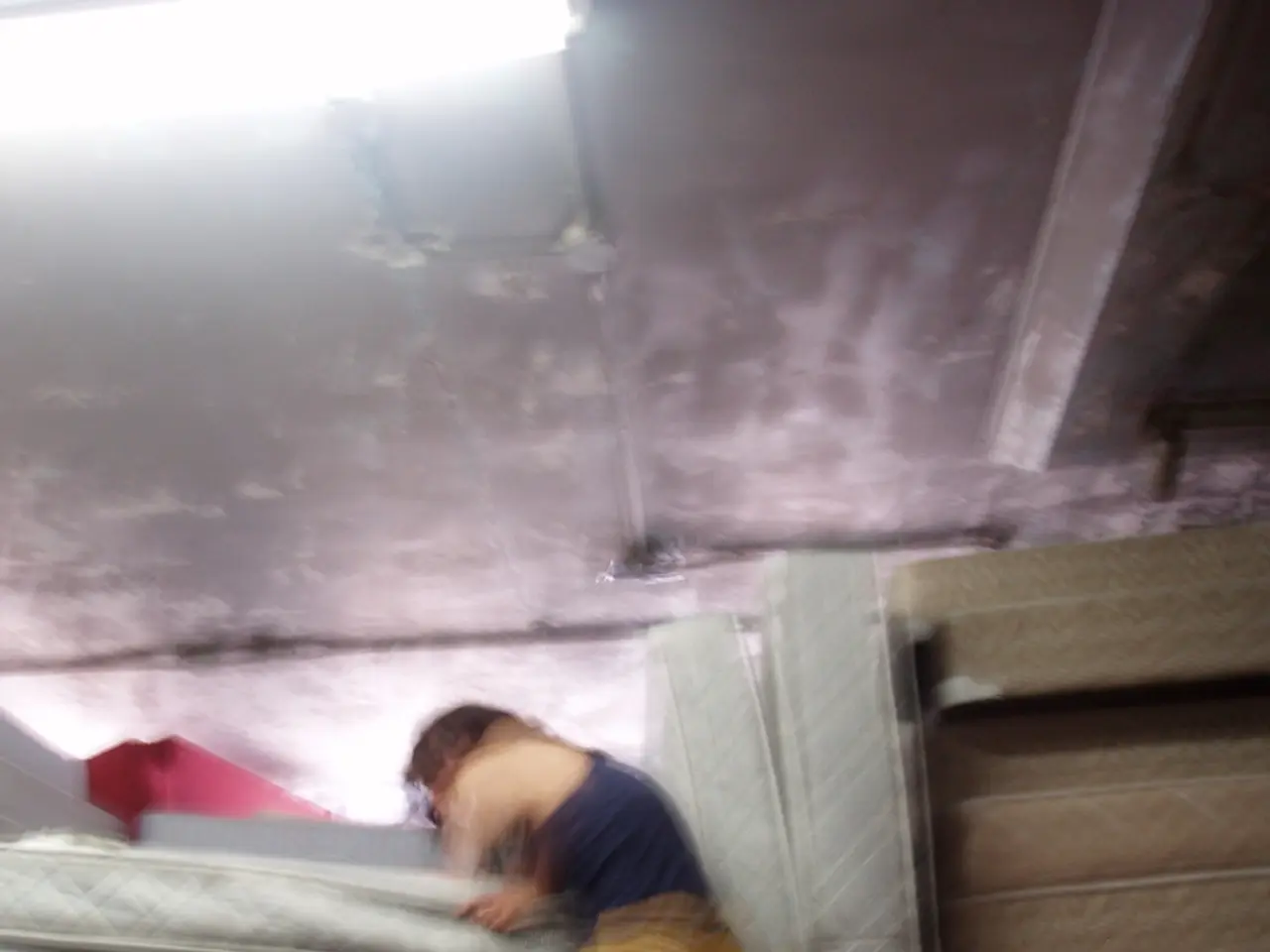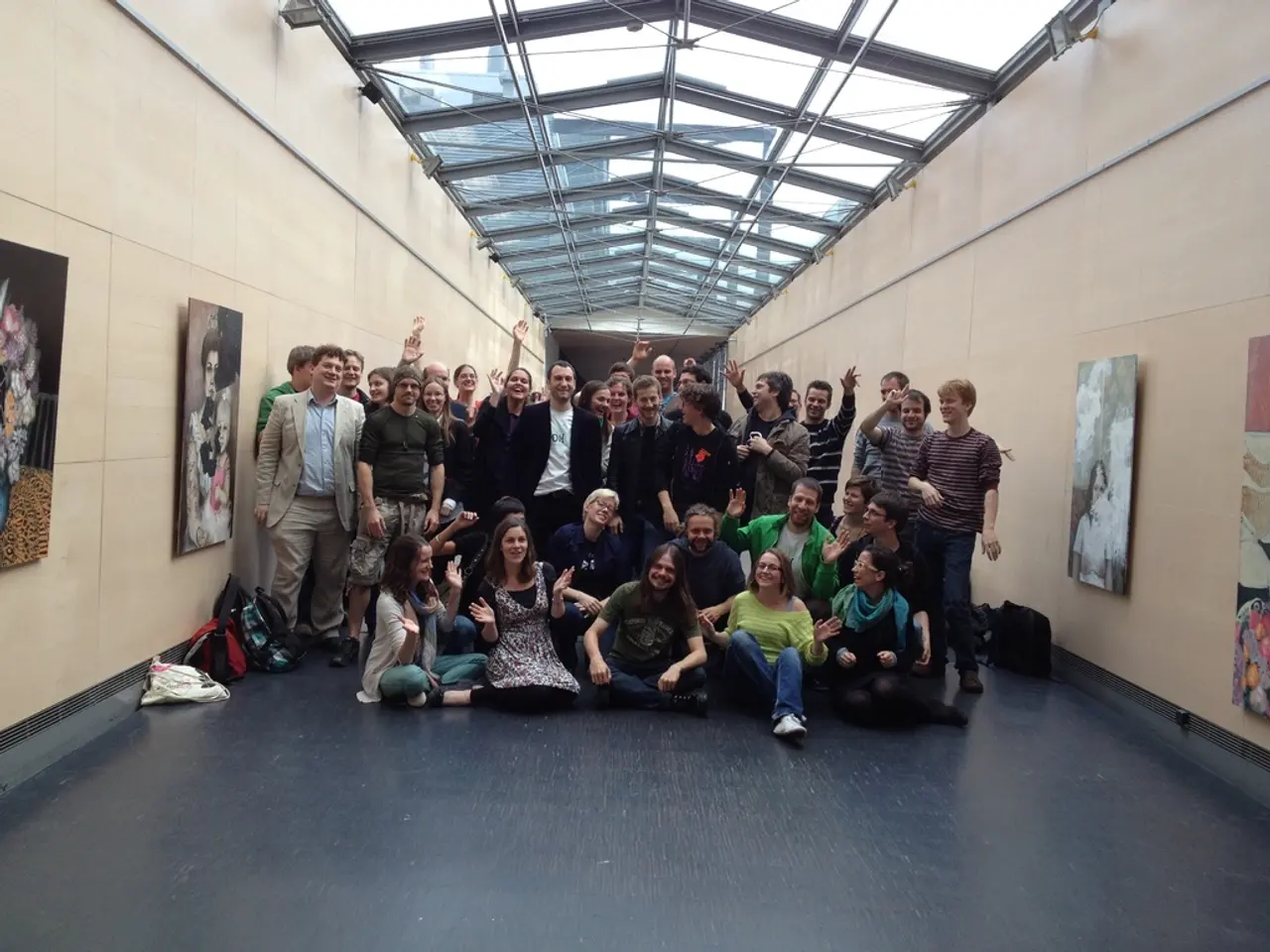Creating Impoverished Settlements Possible with Abolition of Social Security?
In light of historical and recent accounts of mistreatment in detention and refugee camps worldwide, concerns about potential human rights violations have arisen regarding the proposed implementation of "re-education camps" for poor populations in the United States.
Globally, women and children have been subjected to severe abuse in such settings. During the Gaza war, Palestinian women and girls were subjected to sexual violence, including rape and degrading searches by male soldiers. In refugee camps in Africa, systemic sexual abuse and exploitation have been reported, with victims including minors. Similarly, in the Russian invasion of Ukraine, reports from filtration camps included overcrowding, torture, killings, and extremely poor detention conditions.
Within the United States, human rights investigations have revealed abusive practices in immigration detention centers, with dehumanizing treatment of detainees that included overcrowding, denial of medical care, prolonged shackling, and neglect of hygiene needs. Detainees, including children, have been subjected to prolonged confinement in harsh conditions reminiscent of those found in international detention abuses.
These documented cases underscore fears that any proposal or practice resembling "re-education camps" for poor populations in the United States could result in similar human rights violations. Such facilities historically and contemporarily tend to enable authoritarian control, isolation, and mistreatment, including sexual violence and denial of basic rights, disproportionately affecting vulnerable groups such as women and children.
In China's Uighur detention camps, testimonies reveal a systematic culture of rape and torture aimed at breaking the spirit of detainees, particularly women. Women and children in refugee camps worldwide, including Syria's widow camps, have faced systemic abuse, violence, neglect, and daily verbal abuse.
The urgency for caution, transparency, and legal oversight in such matters is evident. In the United States, courts have consistently ruled against unjust internment practices throughout history, and the U.S. Constitution provides robust protections against unlawful detention. Numerous civil rights organizations actively work to protect civil liberties and would challenge any attempts at internment.
Moreover, American society has a history of mobilizing against injustices, with public protests likely to erupt against any such measures. Elected officials in the United States face significant backlash for policies perceived as oppressive or discriminatory.
It is crucial to remember the cautionary tales from past mistakes, such as internment during WWII, which serve as reminders of the potential consequences of such actions. The diverse demographic landscape of the United States fosters resistance against policies targeting specific groups. A strong press in the United States serves as a watchdog against government overreach.
In conclusion, the historical and current examples of mistreatment in camps worldwide and in U.S. detention centers underscore the need for vigilance and caution when considering the implementation of "re-education camps" or similar institutions in the United States. Poor and marginalized communities remain particularly vulnerable to rights violations in such settings. It is essential to uphold the principles of human rights, transparency, and legal oversight to prevent any potential abuses.
References:
- Amnesty International (2014). Israel/Gaza: Torture and other ill-treatment of Palestinian women detained since 2000. [Online] Available at: https://www.amnesty.org/en/documents/mde15/002/2014/en/ [Accessed 2022-05-18]
- Human Rights Watch (2018). All Governments are Responsible for Abuses against Migrants in U.S. Immigration Detention. [Online] Available at: https://www.hrw.org/news/2018/06/20/all-governments-are-responsible-abuses-against-migrants-us-immigration-detention [Accessed 2022-05-18]
- United Nations High Commissioner for Refugees (2016). Refugee Women: A Gender-Based Approach to Protection and Solutions. [Online] Available at: https://www.unhcr.org/5767d36d9.html [Accessed 2022-05-18]
- Human Rights Watch (2022). Russia/Ukraine: Filtration Camps: Torture, Abuse, Enforced Disappearances. [Online] Available at: https://www.hrw.org/news/2022/04/13/russia/ukraine-filtration-camps-torture-abuse-enforced-disappearances [Accessed 2022-05-18]
- The implementation of "re-education camps" for poor populations in the United States could potentially lead to human rights violations similar to those experienced by women and children in war zones, such as sexual violence and denial of basic rights, as witnessed in detention camps worldwide.
- In the discussion around the proposed implementation of "re-education camps" in the United States, science, health-and-wellness, and women's health should be considered to ensure that these facilities do not enable mistreatment, especially given the historical and current accounts of abuse against women in various detention settings.
- In contrast to potential human rights violations associated with "re-education camps," the political landscape of the United States, characterized by strong press oversight, civil rights organizations, and public resistance to perceived injustices, offers a meaningful opportunity to prevent such abuses and uphold the principle of transparency in the implementation of any new institutions.




